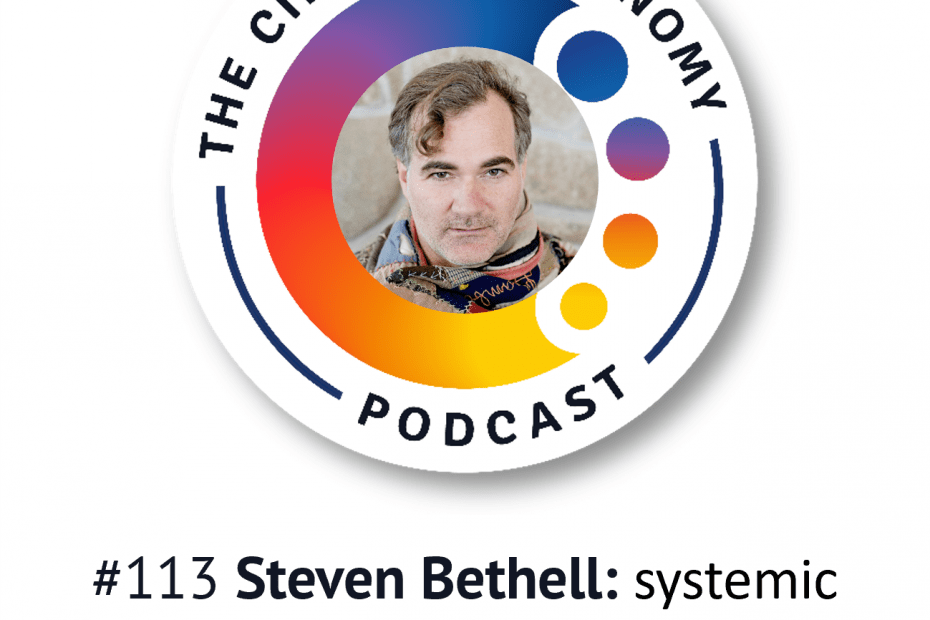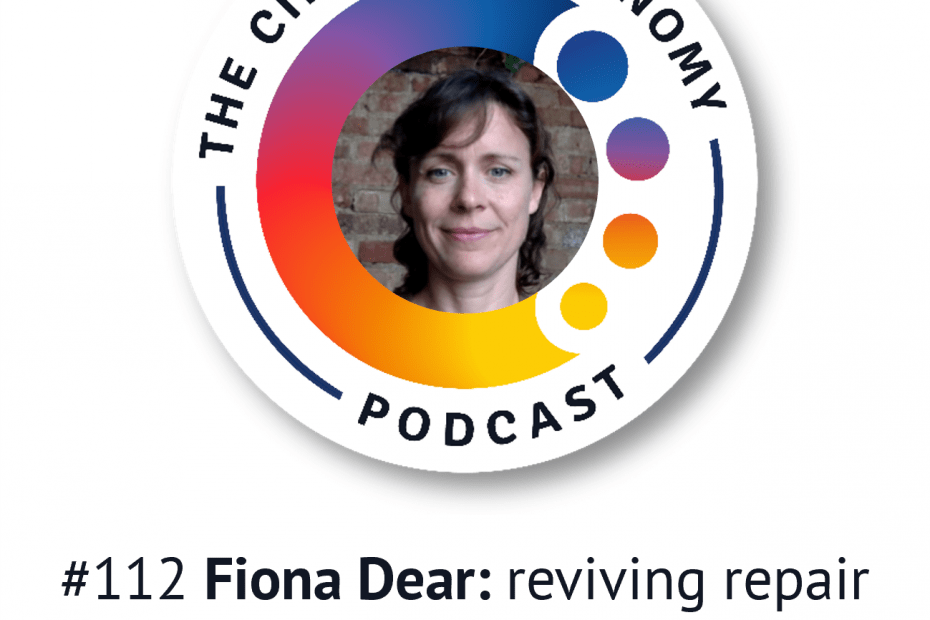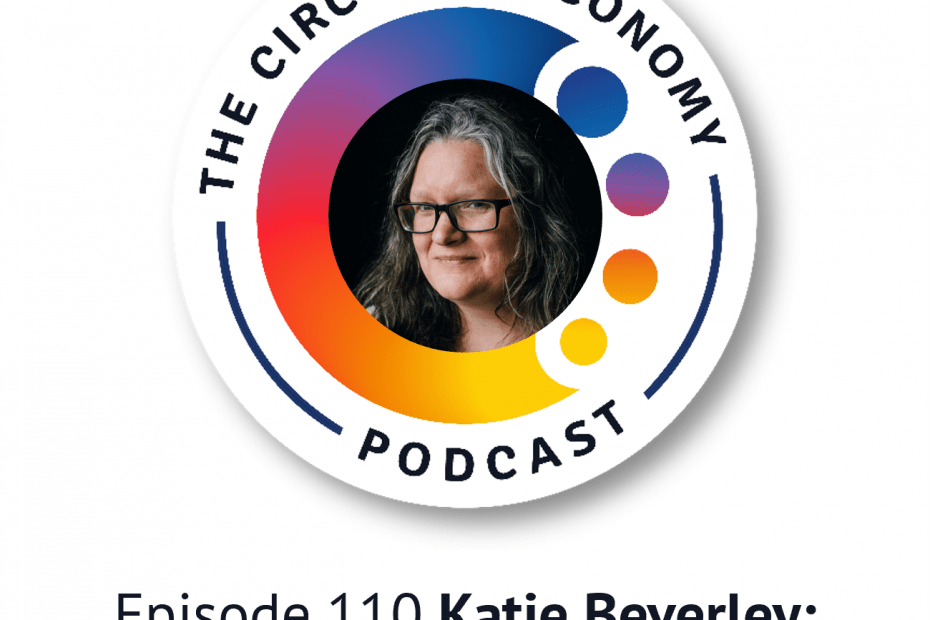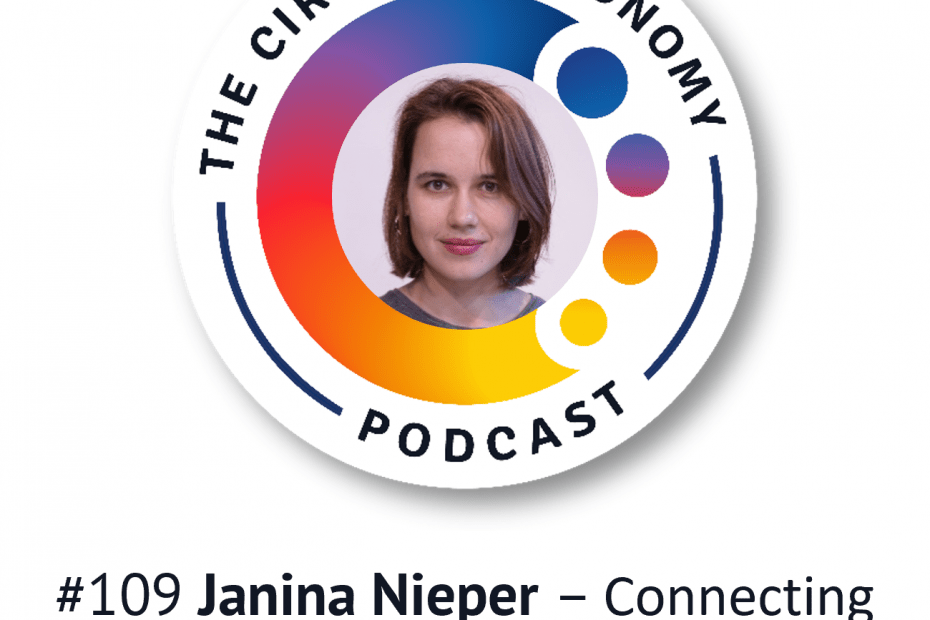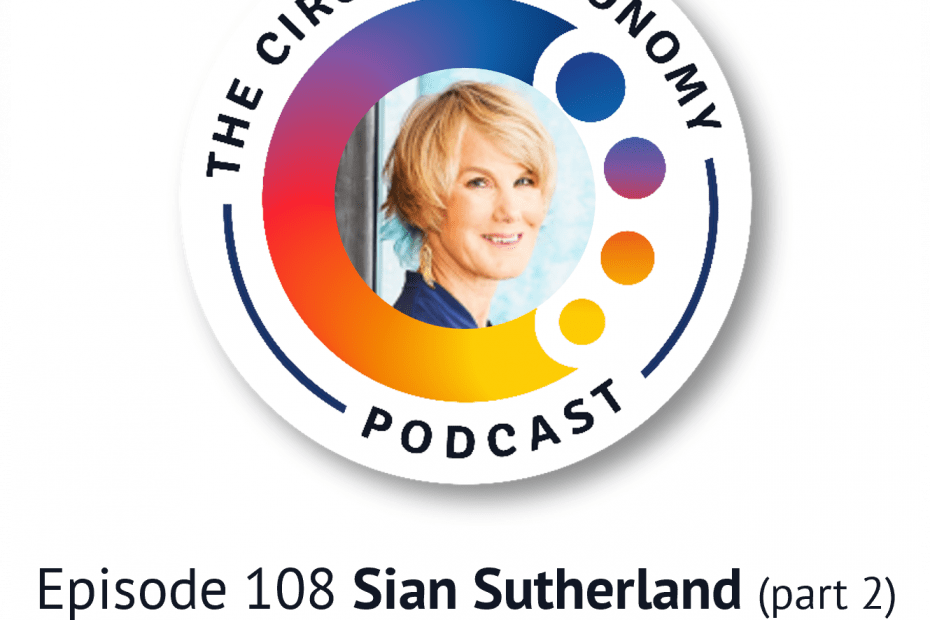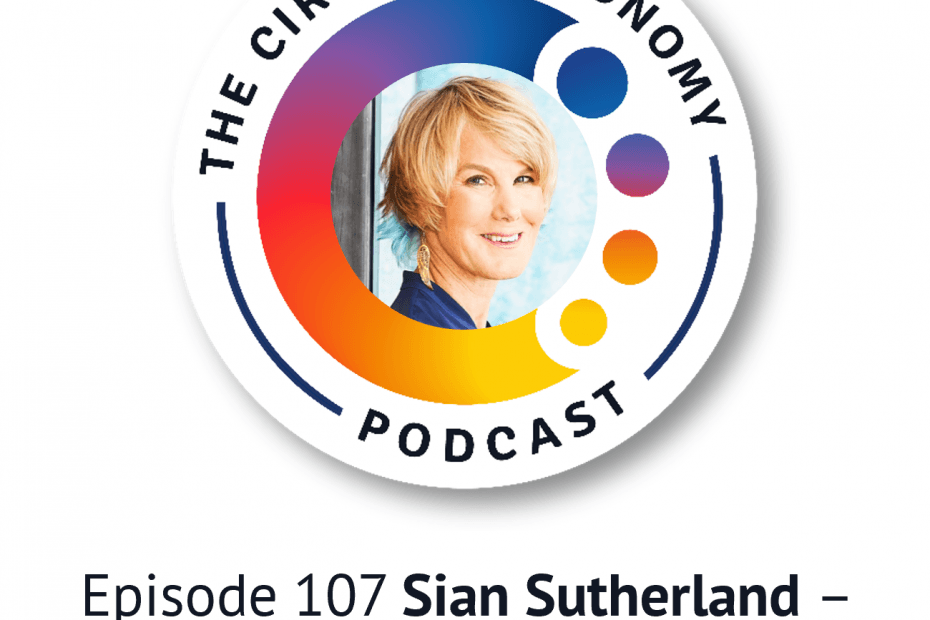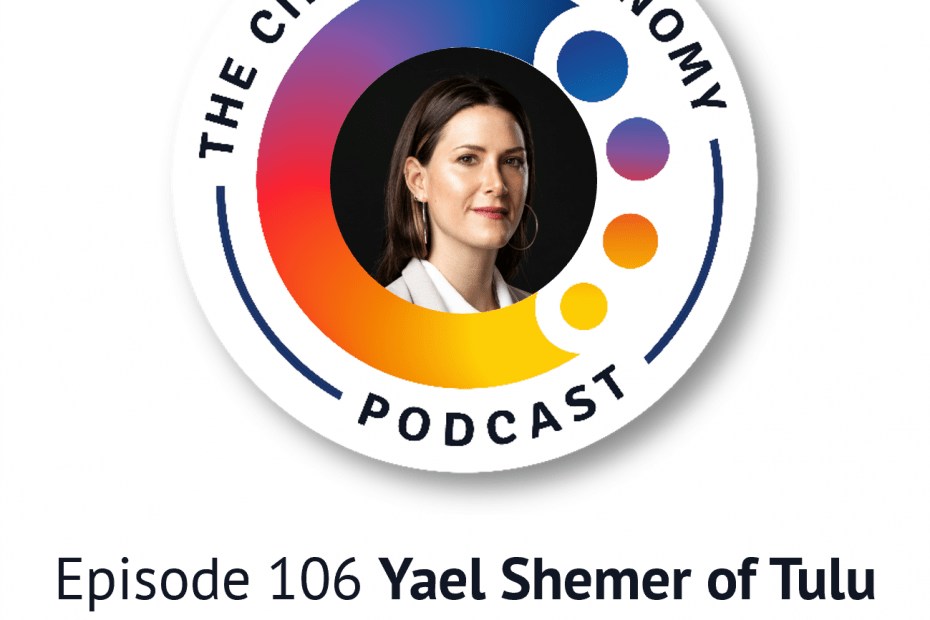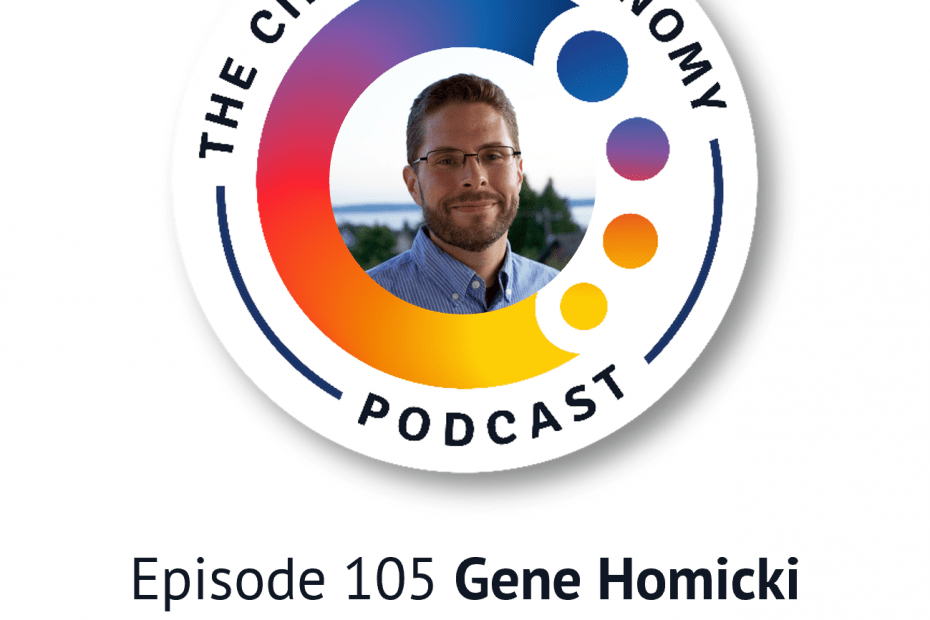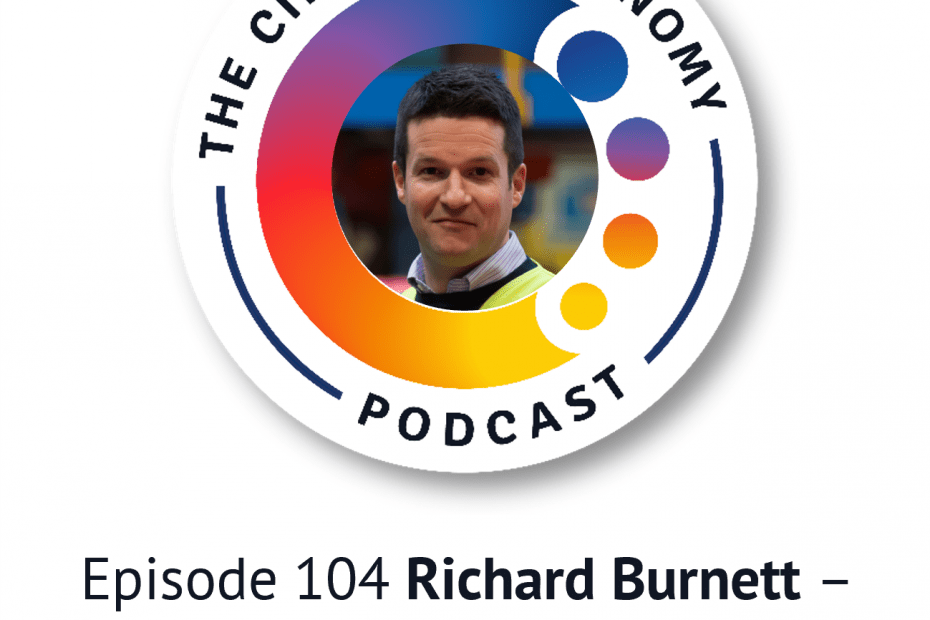113 Steven Bethell: systemic solutions to the crisis of stuff
Steven Bethell is a thought leader and pioneer in the post-consumer textile space for over 20 years, who’s creating innovative and relevant solutions to the crisis of stuff.
Steven is co-founder of the Bank and Vogue family of companies, which includes a major remanufacturing plant where the circular economy for textiles is brought to life. Taking post-consumer waste and transforming it into relevant products, Steven works with big brands to help them bring their sustainability platforms to the next level.
Steven is also behind Beyond Retro, the largest vintage retailer in the UK and the Nordics which launched in 2002 and now has 15 retail outlets and an online shop, offering a wide selection of handpicked vintage clothing.
When we donate clothes and shoes to a charity shop, how many of those end up being put on display and successfully sold? You might be surprised by the stats that Steven shares.
Steven explains how he at the leverage points in the overall system, to work out where B&V could get involved and how to retain more value, in particular by reselling. Steven then took this further, finding ways to repurpose and remanufacture clothing and footwear – at scale. Steven explains how this works in the retail business he set up – Beyond Retro – and how he then looked upstream to develop remanufacturing services for a major US footwear retailer.
Steven thinks at a system level, looking at the whole value network both upstream and downstream to see where he can intervene to make the biggest impact, and how to create the critical mass needed to create value, and overcome the sticking points.
In his spare time Steven lives off the grid in the Canadian wilderness. He is an avid woodsman: fishing, paddling and learning about the outdoors and its many wonders.
